#writing resources
Explore tagged Tumblr posts
Text
When your Character...
Gets into: A Fight ⚜ ...Another Fight ⚜ ...Yet Another Fight
Hates Someone ⚜ Kisses Someone ⚜ Falls in Love
Calls Someone they Love ⚜ Dies / Cheats Death ⚜ Drowns
is...
A Ballerina ⚜ A Child ⚜ Interacting with a Child ⚜ A Cheerleader
A Cowboy ⚜ A Genius ⚜ A Lawyer ⚜ A Pirate ⚜ A Spy
A Wheelchair User ⚜ A Zombie ⚜ Beautiful ⚜ Dangerous ⚜ Drunk
Funny ⚜ In a Coma ⚜ In a Secret Society ⚜ Injured ⚜ Shy
needs...
A Magical Item ⚜ An Aphrodisiac ⚜ A Fictional Poison
A Coping Strategy ⚜ A Drink ⚜ A Medicinal Herb ⚜ A Mentor
Money ⚜ A Persuasion Tactic ⚜ A Quirk ⚜ To be Killed Off
To Become Likable ⚜ To Clean a Wound ⚜ To Self-Reflect
To Find the Right Word, but Can't ⚜ To Say No ⚜ To Swear
loves...
Astronomy ⚜ Baking ⚜ Cooking ⚜ Cocktails ⚜ Food ⚜ Oils
Dancing ⚜ Fashion ⚜ Gems ⚜ Herbal Remedies ⚜ Honey
Mushrooms ⚜ Mythology ⚜ Numbers ⚜ Perfumes
Roses ⚜ Sweets ⚜ To Argue ⚜ To Insult ⚜ To Kiss
To Make False Claims ⚜ Wine ⚜ Wine-Tasting ⚜ Yoga
has/experiences...
Allergies ⚜ Amnesia ⚜ Bereavement ⚜ Bites & Stings
Bruises ⚜ Caffeine ⚜ CO Poisoning ⚜ Color Blindness
Facial Hair ⚜ Fainting ⚜ Fevers ⚜ Food Allergies
Food Poisoning ⚜ Fractures ⚜ Frostbite ⚜ Hypothermia
Injuries ⚜ Jet Lag ⚜ Kidnapping ⚜ Manipulation ⚜ Mutism
Pain ⚜ Paranoia ⚜ Poisoning ⚜ More Pain & Violence
Scars ⚜ Trauma ⚜ Viruses ⚜ Wounds
[these are just quick references. more research may be needed to write your story...]
Writing Resources PDFs
#requested#writing reference#character development#writeblr#dark academia#spilled ink#writing prompts#writing inspiration#writing ideas#creative writing#compilation#fiction#light academia#literature#writers on tumblr#writing prompt#poets on tumblr#writing tips#writing advice#writing resources#updated: december 2024
22K notes
·
View notes
Text
Thanks!
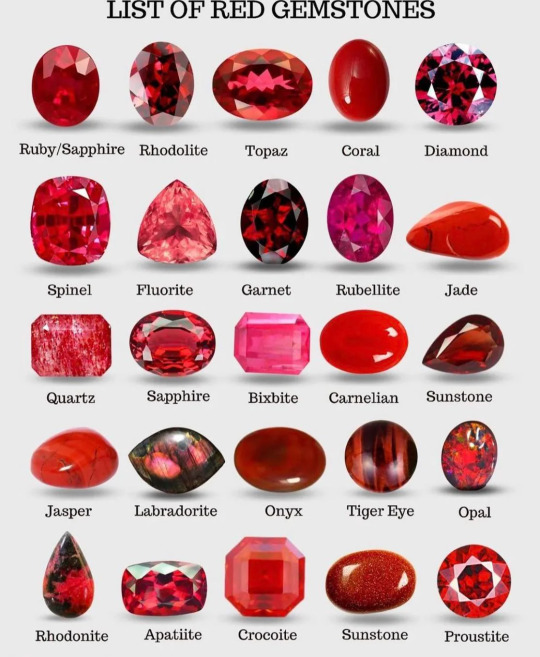
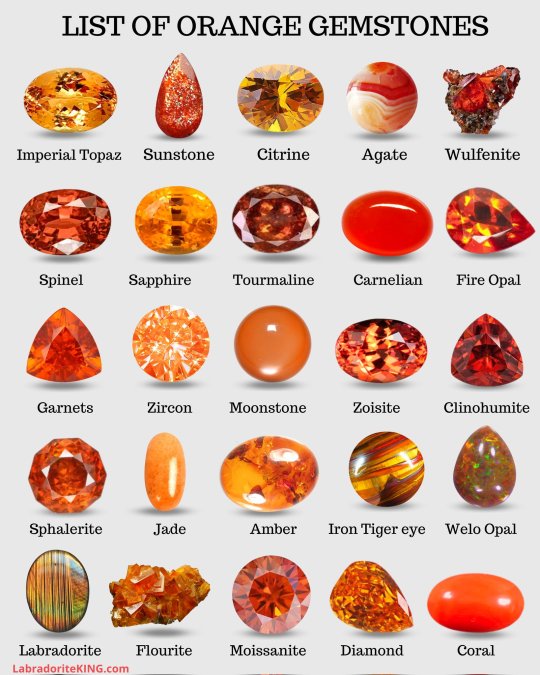
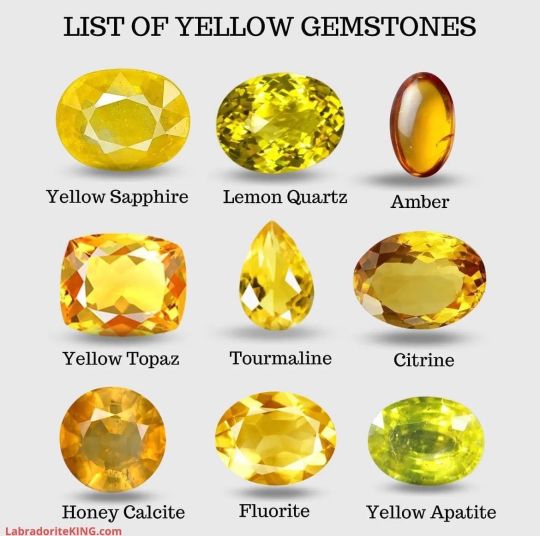
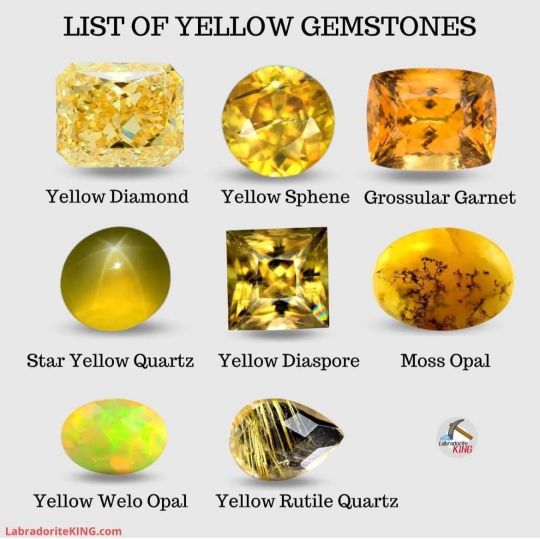
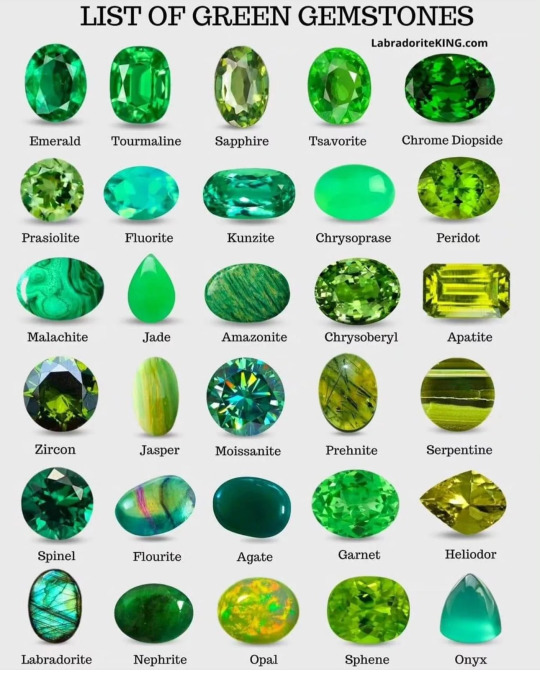
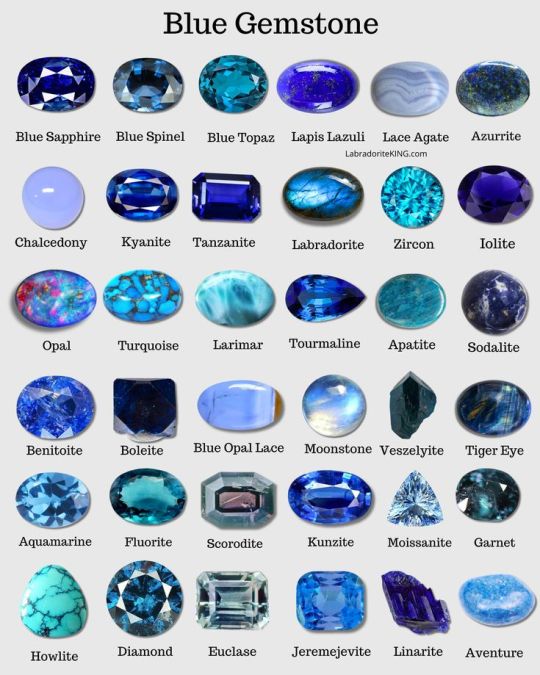
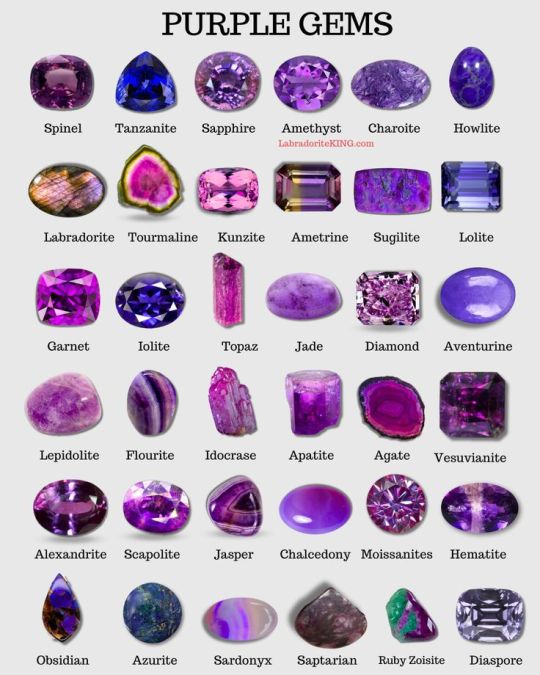
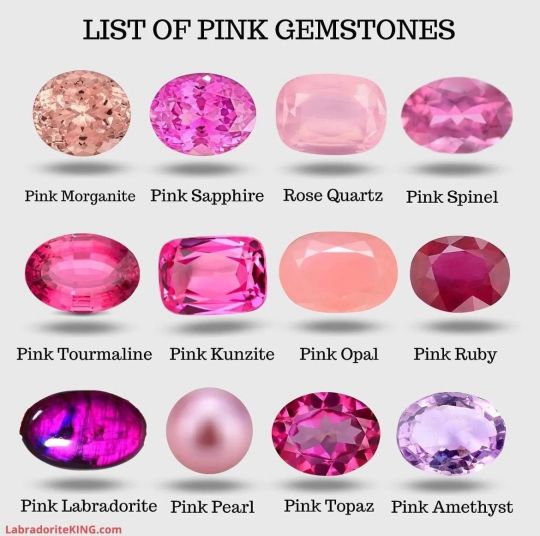
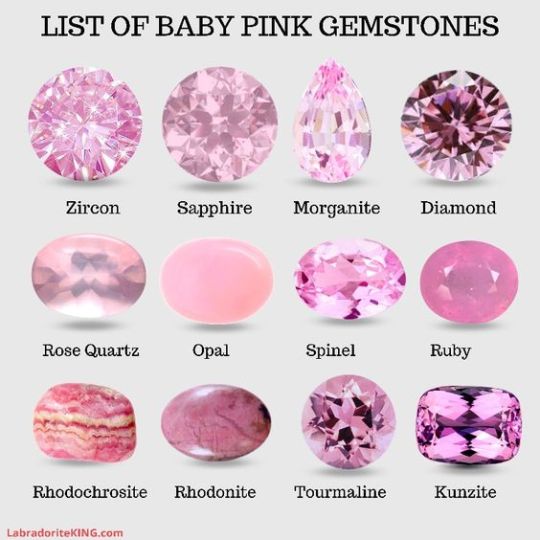
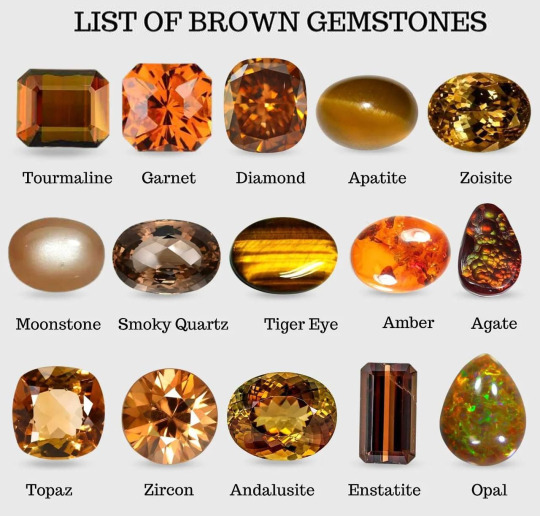
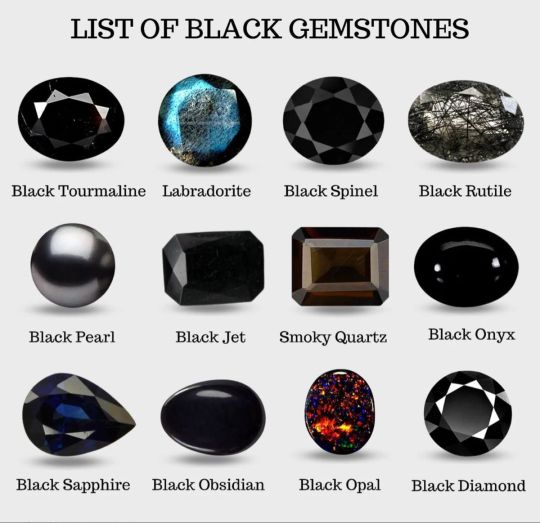

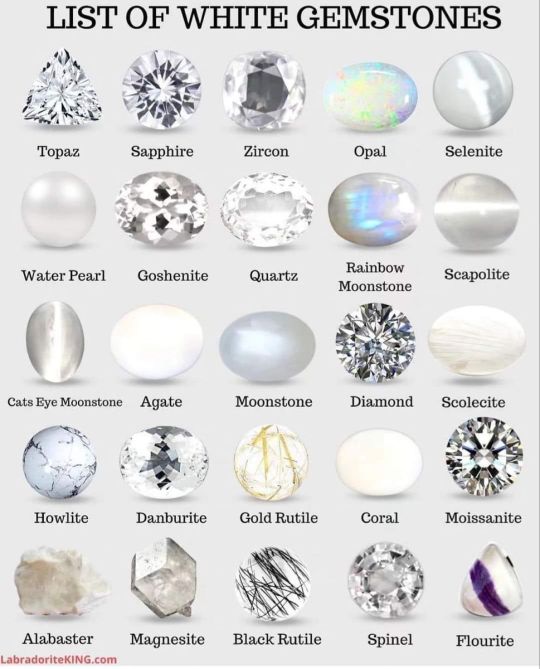
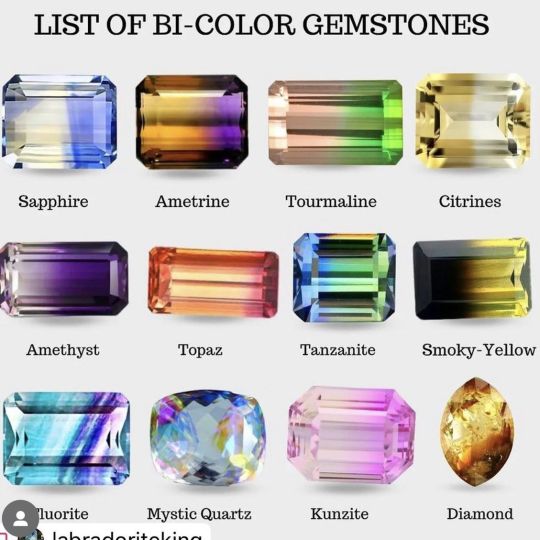
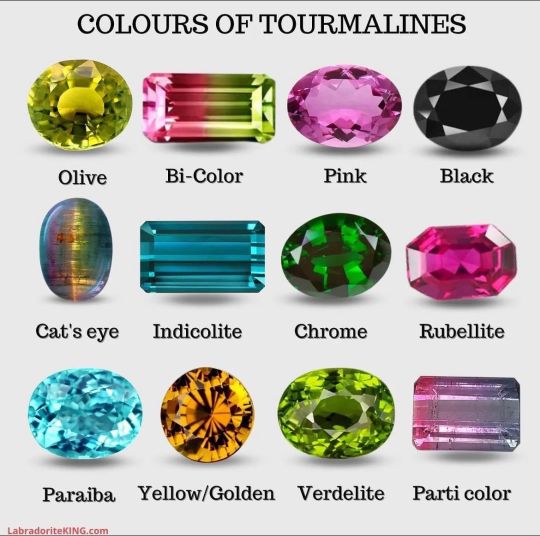
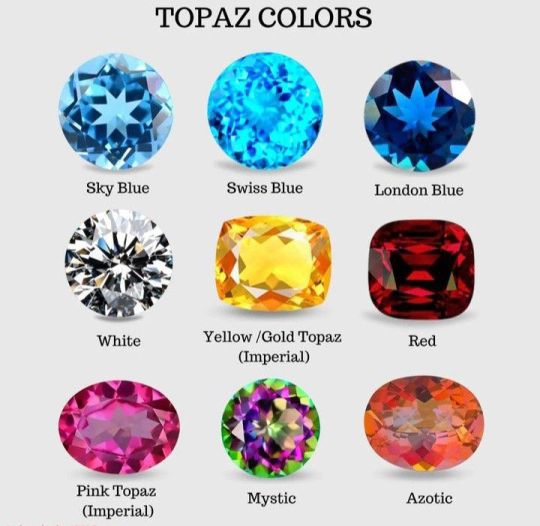
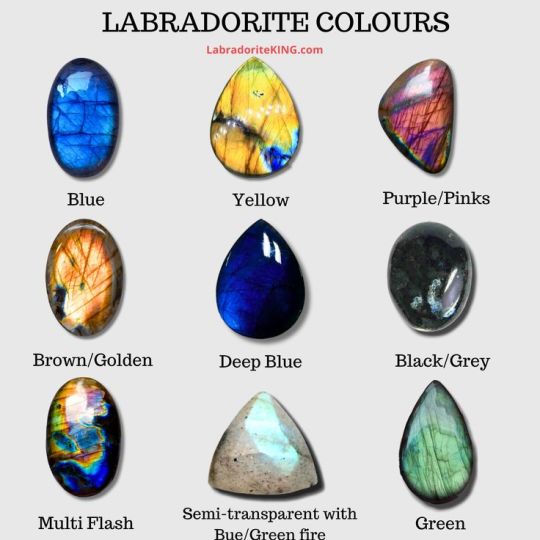
By LabradoriteKing on Pinterest
151K notes
·
View notes
Text
Other Words for "Look" + With meanings | List for writers
Many people create lists of synonyms for the word 'said,' but what about the word 'look'? Here are some synonyms that I enjoy using in my writing, along with their meanings for your reference. While all these words relate to 'look,' they each carry distinct meanings and nuances, so I thought it would be helpful to provide meanings for each one.
Gaze - To look steadily and intently, especially in admiration or thought.
Glance - A brief or hurried look.
Peek - A quick and typically secretive look.
Peer - To look with difficulty or concentration.
Scan - To look over quickly but thoroughly.
Observe - To watch carefully and attentively.
Inspect - To look at closely in order to assess condition or quality.
Stare - To look fixedly or vacantly at someone or something.
Glimpse - To see or perceive briefly or partially.
Eye - To look or stare at intently.
Peruse - To read or examine something with great care.
Scrutinize - To examine or inspect closely and thoroughly.
Behold - To see or observe a thing or person, especially a remarkable one.
Witness - To see something happen, typically a significant event.
Spot - To see, notice, or recognize someone or something.
Contemplate - To look thoughtfully for a long time at.
Sight - To suddenly or unexpectedly see something or someone.
Ogle - To stare at in a lecherous manner.
Leer - To look or gaze in an unpleasant, malicious way.
Gawk - To stare openly and stupidly.
Gape - To stare with one's mouth open wide, in amazement.
Squint - To look with eyes partially closed.
Regard - To consider or think of in a specified way.
Admire - To regard with pleasure, wonder, and approval.
Skim - To look through quickly to gain superficial knowledge.
Reconnoiter - To make a military observation of a region.
Flick - To look or move the eyes quickly.
Rake - To look through something rapidly and unsystematically.
Glare - To look angrily or fiercely.
Peep - To look quickly and secretly through an opening.
Focus - To concentrate one's visual effort on.
Discover - To find or realize something not clear before.
Spot-check - To examine something briefly or at random.
Devour - To look over with eager enthusiasm.
Examine - To inspect in detail to determine condition.
Feast one's eyes - To look at something with great enjoyment.
Catch sight of - To suddenly or unexpectedly see.
Clap eyes on - To suddenly see someone or something.
Set eyes on - To look at, especially for the first time.
Take a dekko - Colloquial for taking a look.
Leer at - To look or gaze in a suggestive manner.
Rubberneck - To stare at something in a foolish way.
Make out - To manage to see or read with difficulty.
Lay eyes on - To see or look at.
Pore over - To look at or read something intently.
Ogle at - To look at in a lecherous or predatory way.
Pry - To look or inquire into something in a determined manner.
Dart - To look quickly or furtively.
Drink in - To look at with great enjoyment or fascination.
Bask in - To look at or enjoy something for a period of time.
#on writing#creative writing#writing#writing tips#writers block#how to write#thewriteadviceforwriters#writeblr#writers and poets#writers on tumblr#novel writing#fiction writing#romance writing#writing advice#writing blog#writing characters#writing community#writing help#writing ideas#writing inspiration#writing guide#writing prompts#writing a book#writing resources#writing reference#writing tips and tricks#writers#writing tools#writing life#writing software
17K notes
·
View notes
Text
Writing Description Notes:
Updated 9th September 2024 More writing tips, review tips & writing description notes
Facial Expressions
Masking Emotions
Smiles/Smirks/Grins
Eye Contact/Eye Movements
Blushing
Voice/Tone
Body Language/Idle Movement
Thoughts/Thinking/Focusing/Distracted
Silence
Memories
Happy/Content/Comforted
Love/Romance
Sadness/Crying/Hurt
Confidence/Determination/Hopeful
Surprised/Shocked
Guilt/Regret
Disgusted/Jealous
Uncertain/Doubtful/Worried
Anger/Rage
Laughter
Confused
Speechless/Tongue Tied
Fear/Terrified
Mental Pain
Physical Pain
Tired/Drowsy/Exhausted
Eating
Drinking
Warm/Hot
#creative writers#creative writing#fanfic review#fanfiction#fanfiction tips#helping writers#how to write#references for writers#wingfic#writer#writers#writers and poets#writers community#writers corner#writers of tumblr#writers on tumblr#writing#writing advice#writing community#writing help#writing inspiration#writing life#writing prompts#writing resources#writing tips#writing tips and tricks#writing description#descriptive writing
41K notes
·
View notes
Note
hello! I love your blog. you helped me so much with writing. if you don't mind can you do writing notes on character study. I wanted for so long to do it but I'm lost. thanks for everything
Writing Notes: Character Study
Character Study - a deep dive into a character’s traits, personality, and development in literature, TV, and film.
GUIDE #1. The model below provides a guide for the analysis of the characters in order to identify the personality of each of them, their attitude and the network of relationships holding together the drama/story. The analysis will focus on:
the character’s physical appearance (description of body and face, clothes and accessories);
story of his/her life (identification of all biographical elements that define the character’s story and situate him or her in relation with the others);
point of view (interpretation of the character’s perspective in relation to the overall vision of world as proposed by the author);
personality (description of the character’s behavior defining his/her personality on stage as it relates to others: tone of the voice, gestures, movements, distance or proximity to other characters);
description of the mask (different ways in which each character places himself/herself in relation to others);
definition of the mask’s motivation and choice through which the character will achieve his/her goals.

GUIDE #2. Identify each character on the 4 basic levels of characterization from information you find in the text. The following is a list of suggestions for each category. This is by no means an all-inclusive list, but meant to be used as a guideline:
A. Physical/Biological. gender, age, size, coloration and general appearance
Age – be as specific as possible
Gender/Sex – not only male/female, but virile, macho, feminine, etc.
Health – from excellent to sickly, including how one’s health may or may not effect his/her appearance.
Particular physical characteristics that makes the character distinctive – big nose, hunchback, large breasts, etc.
Ethnic origin – race, coloring of skin and hair
Physical Stature/Figure – perfect, average, tall/short, thin/fat, malformed, hunched, slouchy, willowy, etc.
Physical Activity - dynamic, active, sedentary, listless, etc.
Face – handsome, good looks, common, homely, etc.
B. Social. economic status, profession or trade, religion, family relationships
Class Situation – aristocracy, upper, upper middle, middle, lower middle, lower, beggar etc.
Economic Situation – rich, independent, salaried, day labor, dependent (just because someone is a member of the aristocracy, doesn’t mean they have money)
Social Situation/Social Role - how is the character related to the other characters in the play? Family? Friends? Co-workers? The boss? The King? Etc. Is there a specific social event taking place, such as a wedding, where in the character has to take on a particular social role, such as father-of-the-bride?
Relationship to the World around him/her – How does the character fit into his/her social situation? Is the character popular? Does he/she have friends? Is he/she a loner? Etc. How does the character interact with the other characters - is the character: a leader, a helper, a follower, submissive, a slave?
Occupation – list the character’s specific job or trade
Group Affiliation – Does the character belong to or identify with a specific group or team? (example – a minority group, a club, a sports team, a political group, etc)
Is there a specific social event taking place, such as a protest rally, where in the character identifies with a particular group, such as feminists?
Political affiliation – Republican, Democrat, etc.
Religious affiliation – Christian, Jewish, Muslim, etc.
C. Psychological/Emotional Reveals habitual responses, desires, motivations, like and dislikes – the inner workings of the mind. Reveals how the characters think (psychological) and what they feel (emotional). This is considered the most essential level of characterization. Keep in mind that a person’s thoughts and feelings can often be determined as a further extension of his/her physical and social characteristics. For example – under social, you can determine a character’s religious affiliation. Under psychological/emotional, you can determine what that person thinks or feels about his/her religion.
Psychological State – what does the character think about his/herself and the world around them? Is the character: open-minded objective, subjective, unselfish, selfish, paranoid?
Emotional State – what does the character feel about his/herself and the world around them? Does the character feel: accepted, rejected, oppressed, etc?
Emotional Depth - are the character’s relationships: life-long, lasting, moderate, passing, momentary?
Emotional Control – no temper, slow temper, even tempered, quick tempered, a loose cannon
Emotional Type – extrovert, ambivert, introvert...
Desires or goals – what does the character want?
Loves – what, or who, does the character value?
Weaknesses – what, if anything, is a potential psychological or emotional weakness, on the part of the character, that can interfere with the character obtaining his/her desire?
Prejudices – what, if anything, does the character feel prejudicial about?
Fixed Attitudes – Similar to a prejudice, but not with the negative connotation. For example, in your social analysis you’ve determined the character is Jewish. Now, determine how that character feels or thinks about Judaism – is the character: a zealot, a liberal, orthodox, conventional, a skeptic?
D. Moral/Ethical Reveals what the characters are willing to do (moral beliefs) to get what they want and what characters actually do (ethical behavior) when faced with making a difficult choice. Determine the characters’ moral beliefs and ethical behavior, and how those relate to the world of the play. Be very careful not to judge them based upon your own morals and ethics. For example, you may believe it is morally wrong for two people to live together unless they are married. However, in the world of this play/literature, no characters may hold this moral belief, and the playwright/writer may not be making a point about this moral belief, and therefore such actions are not to be seen as immoral or unethical within the context of the work.
Moral beliefs – an individual’s or society’s beliefs in what is right and wrong in terms of behavior.
Is the character able to determine right from wrong and to make decisions based upon that knowledge?
Determine the individual character’s morals, based on what his/her conscience suggests is right and wrong, rather than on what the law or society dictates.
Determine the morals of the world of the play in general: the principles of right and wrong judged by the standards of the average person or society at large, and how those principles govern standards of general and/or sexual behavior. Does the character hold beliefs in contradiction to those of their society?
Does the character evolve/change? For example, is there a moral belief the character holds at the beginning of the play that he no longer holds at the end of the play? In other words, does something happen for the character to change his mind and be convinced otherwise?
In the work itself, is there a “moral to the story”? Is the writer using the character as a positive or negative example in relation to this moral?
Ethical behavior – how an individual or society conducts themselves according to their morals.
How does a character’s moral beliefs affect his/her conduct? For example, is a character unable to act due to a moral/ethical dilemma?
How does a character’s goals affect his/her conduct? Is the character’s ethical behavior contrary to his/her moral beliefs? For example, a character believes it is morally wrong to commit murder, but to obtain his goal, his is willing to behave unethically and kill.
Does the character believe that he is acting ethically, yet is the writer holding him up as an example of how one should not behave?
Does the character behave according to or contrary to any of the 4 basic levels, therefore giving a false perception of themselves to the other characters? For example, you may have determined that a character is seriously ill, yet the character behaves as if he were in perfect health. Or a character may masquerade as someone he is not. What morals and/or goals are affecting this behavior?
E. Mental/Intellectual A 5th area you can consider. Reveals how intelligent and creative a character may be.
IQ – brilliant, good mind, average, dull...
Education – scholar, college, self-made, schooled...
Mental type – philosophic, scientific, mechanical, artistic, social, scientific...
Dexterity – dexterous, skilled, handy, clumsy, uncoordinated...
Creativity – genius, talented, original, unoriginal...
Interests, skills, accomplishments
QUESTIONS
Who is the Protagonist? Who is the Antagonist?
Which characters are of Primary Focus?
Which characters are of Secondary Focus?
Which characters qualify as ‘set dressing’?
Are any of the characters Symbols or Metaphors?
Are any of the characters Formalized Conventions?
CHARACTER ANALYSIS. A character analysis is a close examination and evaluation of one character from a work of fiction such as a novel, short story, or play.
The only direct description of most characters in fiction is of their physical appearance and/or their professions.
Their identities and traits are established through their interactions with other characters as well as their opinions, reactions, and moods.
For instance, while introducing Katniss (from The Hunger Games), the author did not bluntly state that she is courageous. Rather, this was demonstrated through several scenes in the book, such as when she volunteered to take her sister’s place at the Reaping.
In a character analysis, the writer’s job is to pick up on such hints and subtle clues in the story to reveal a clear image of the subject character. The writer can also evaluate the character, critiquing their development and the role they played in the plot.
Developing a Character Analysis. In order to write a character analysis, the first task is to choose the subject, if not already determined in the assignment question. It is easier to pick if the writer is already familiar with the text in which the character exists. Recognizing the types of characters also helps during the selection.
Once the subject character has been decided upon, the text ought to be critically read, with special attention being paid to the character.
As mentioned earlier, much of their personality and qualities are hinted at and indicated indirectly through their actions and thoughts, and not openly stated.
Thus, the re-reading should be done with the aim of picking up on these clues.
Oftentimes, the character’s backstory is also not included in the text but can be discerned from their behavior and characteristics. It, too, should be pieced together during the analysis, as it has a bearing on the character’s actions and lets readers better understand their motivations.
A record of the character’s involvement in each element of the plot, how this involvement affected other characters, and the eventual direction and outcome of the story should also be kept. Their own personal changes/growth/development should also be tracked.
Outline of a Character Analysis Essay
Introduction: The text and the character are briefly introduced. The thesis statement informs readers of the thrust and goal of the essay. It includes a claim about or evaluation of the character that will be borne out by the rest of the essay.
Body: The character is delved into in greater detail here. The analysis is laid out where their traits, appearance, backstory, and role are examined in detail. The character’s growth – or lack of it – are highlighted here as well. An outline drawn up during the prewriting process helps in organizing this section in a coherent manner that holds up the claims in the thesis statement.
Conclusion: The essay is concluded with a final assessment of the character that confirms the validity of the thesis.
Sources: 1 2 3 4 5 ⚜ More: References ⚜ Writing Resources PDFs
Hi, thanks for telling me. Glad to hear this! Here are some tips and guides I found for you. There are numerous guidelines available online, so choose which one (or combine elements from such guides) you want to use. You can find more details in the sources linked above. Hope this helps.
#anonymous#character study#analysis#writing reference#writeblr#studyblr#character analysis#literature#dark academia#writers on tumblr#spilled ink#creative writing#light academia#writing prompt#character development#writing ideas#writing inspiration#writing resources
159 notes
·
View notes
Text
Miscommunication Prompts
A character avoids eye contact because they’re nervous, making the other believe they’re hiding something.
A character mistakes someone’s distraction for boredom, assuming they’re not interesting enough.
A character misinterprets kindness as pity, making them defensive.
A character uses a phrase that has multiple interpretations, and the listener takes it in the worst possible way. (“I took care of him.” “You WHAT?”)
A character pulls a harmless prank that spirals out of control until it’s too late to take it back.
The audience knows that two characters are talking about completely different things, but neither of them realises it (dramatic irony).
A character gives a vague or hesitant response out of nervousness, and the other person takes it as rejection.
A text or letter meant for one person gets sent to the absolute worst possible recipient.
A character asks another to do something simple, but their interpretation is wildly different.
Two characters remember an event completely differently, leading to an argument where both are convinced they’re right, but what actually happened is something neither of them recall correctly.
Someone shrinks away from a touch due to past trauma, but the other person assumes it means rejection.
Previous | Next
#writeblr#writing#writing tips#writing advice#writing help#writing resources#creative writing#writing prompts#writing prompt#writing ideas#writing inspiration#deception-united
3K notes
·
View notes
Text
Writing tips for long fics that helped me that no one asked for.
1.) Don't actually delete content from your WIP unless it is minor editing - instead cut it and put it in a secondary document. If you're omitting paragraphs of content, dialog, a whole scene you might find a better place for it later and having it readily available can really save time. Sometimes your idea was fantastic, but it just wasn't in the right spot.
2.) Stuck with wording the action? Just write the dialog then revisit it later.
3.) Stuck on the whole scene? Skip it and write the next one.
4.) Write on literally any other color than a white background. It just works. (I use black)
5.) If you have a beta, while they are beta-ing have them read your fic out loud. Yes, I know a lot of betas/writers do not have the luxury of face-timing or have the opportunity to do this due to time constraints etc but reading your fic out loud can catch some very awkward phrasing that otherwise might be missed. If you don't have a beta, you read it out loud to yourself. Throw some passion into your dialog, you might find a better way to word it if it sounds stuffy or weird.
6.) The moment you have an idea, write it down. If you don't have paper or a pen, EMAIL it to yourself or put it in a draft etc etc. I have sent myself dozens of ideas while laying down before sleep that I 10/10 forgot the next morning but had emailed them to myself and got to implement them.
7.) Remember - hits/likes/kudos/comments are not reflective of the quality of your fic or your ability to write. Most people just don't comment - even if they say they do, they don't, even if they preach all day about commenting, they don't, even if they are a very popular blog that passionately reminds people to comment - they don't comment (I know this personally). Even if your fic brought tears to their eyes and it haunted them for weeks and they printed it out and sent it to their friends they just don't comment. You just have to accept it. That being said - comment on the fic you're reading now, just do it, if you're 'shy' and that's why you don't comment the more you comment the better you'll get at it. Just do it.
8.) Remove unrealistic daily word count goals from your routine. I've seen people stress 1500 - 2000 words a day and if they don't reach that they feel like a failure and they get discouraged. This is ridiculous. Write when you can, but remove absurd goals. My average is 500 words a day in combination with a 40 hour a week job and I have written over 200k words from 2022-2023.
9.) There are dozens of ways to do an outline from precise analytical deconstruction that goes scene by scene to the minimalist bullet point list - it doesn't matter which one you use just have some sort of direction. A partial outline is better than no outline.
10.) Write for yourself, not for others. Write the fic you know no one is going to read. Write the fic that sounds ridiculous. You will be so happy you put it out in the world and there will be people who will be glad it exists.
32K notes
·
View notes
Text
Small fantasy worldbuilding elements you might want to think about:
A currency that isn’t gold-standard/having gold be as valuable as tin
A currency that runs entirely on a perishable resource, like cocoa beans
A clock that isn’t 24-hours
More or less than four seasons/seasons other than the ones we know
Fantastical weather patterns like irregular cloud formations, iridescent rain
Multiple moons/no moon
Planetary rings
A northern lights effect, but near the equator
Roads that aren’t brown or grey/black, like San Juan’s blue bricks
Jewelry beyond precious gems and metals
Marriage signifiers other than wedding bands
The husband taking the wife's name / newlyweds inventing a new surname upon marriage
No concept of virginity or bastardry
More than 2 genders/no concept of gender
Monotheism, but not creationism
Gods that don’t look like people
Domesticated pets that aren’t re-skinned dogs and cats
Some normalized supernatural element that has nothing to do with the plot
Magical communication that isn’t Fantasy Zoom
“Books” that aren’t bound or scrolls
A nonverbal means of communicating, like sign language
A race of people who are obligate carnivores/ vegetarians/ vegans/ pescatarians (not religious, biological imperative)
I’ve done about half of these myself in one WIP or another and a little detail here or there goes a long way in reminding the audience that this isn’t Kansas anymore.
#writing#writing a book#writeblr#writing resources#writing advice#writing tips#writing tools#fantasy#world building#worldbuilding
37K notes
·
View notes
Text
Reblogging for reference
Things almost every author needs to research
How bodies decompose
Wilderness survival skills
Mob mentality
Other cultures
What it takes for a human to die in a given situation
Common tropes in your genre
Average weather for your setting
#reblog for reference#ooooh I could really use that mob mentality one for TTWTTM and related projects#i need the help#writing#writers#writer help#writing research#writing resources#writing advice
497K notes
·
View notes
Text

⋆。‧˚ʚ💋ɞ˚‧。⋆ 𝐰𝐫𝐚𝐩𝐩𝐞𝐝 𝐮𝐩 𝐢𝐧 𝐲𝐨𝐮
𝐚𝐜𝐭𝐢𝐨𝐧𝐬 - send ‘reverse’ for the sender and receiver to swap. adjust wording as needed!
[ hoodie ] sender pulls their oversized hoodie over receiver’s head and tugs the hood gently into place
[ cheek kiss ] sender leans in to kiss receiver’s cheek mid-laughter, just because they can
[ hand hold ] sender absentmindedly reaches for receiver’s hand while they’re walking, thumb brushing softly
[ forehead rest ] sender leans their forehead gently against receiver’s, eyes closed
[ nap pile ] sender and receiver accidentally fall asleep tangled together on the couch, limbs everywhere
[ spooning ] sender wraps around receiver protectively and mumbles half-asleep affirmations into their shoulder
[ little things ] sender braids a strand of receiver’s hair, ties their shoelaces, or tucks a blanket around them (feel free to specify the action to fit the dynamic)
[ slow sway ] music’s barely playing, but sender still pulls receiver close for a quiet, living-room dance
[ sleepy mumble ] receiver starts dozing off, and sender whispers soft things they won’t remember in the morning
[ clingy ] sender wraps their arms around receiver from behind and refuses to let go
[ kiss sandwich ] sender kisses receiver’s cheeks one after the other
[ chest pillow ] sender lays with their head on receiver’s chest, content just listening to their heartbeat
[ under blanket ] sender pulls the blanket higher and tucks receiver closer with a sleepy smile
[ you first ] sender insists receiver picks the movie or gets the last bite of dessert (feel free to specify to fit the dynamic)
[ phone photo ] sender snaps a candid photo of receiver mid-laughter and saves it like it’s a treasure
[ temple kiss ] sender presses a soft kiss to receiver’s temple as they pass by, as natural as breathing
[ hands in hair ] receiver plays with sender’s hair while they lay in their lap and hum softly
[ jacket drape ] sender silently puts their coat around receiver’s shoulders without saying a word
[ sleepy cling ] sender wakes up to find receiver curled into them, clinging like they’ll float away
[ morning light ] early sun streams in as sender watches receiver sleep, brushing hair from their face
[ surprise note ] sender tucks a little love note into receiver’s bag or book to find later
[ rain watch ] sender and receiver sit inside, curled up with warm drinks, watching the rain in quiet contentment
[ finger trace ] sender traces little shapes on receiver’s skin absentmindedly as they lay together
[ shared scarf ] sender and receiver share the same scarf and walk pressed together
[ tucked in ] sender gently tucks receiver into bed, kisses their forehead, and whispers goodnight
𝐝𝐢𝐚𝐥𝐨𝐠𝐮𝐞
❝ you’re my favorite place to be. ❞
❝ don’t go. just a little longer, okay? ❞
❝ you smile like that and i forget what i was saying. ❞
❝ it’s you. it’s always been you. ❞
❝ i like waking up next to you. ❞
❝ this... this feels like home. ❞
❝ you’re so easy to love, you know that? ❞
❝ you don’t have to do anything. just being here is enough. ❞
❝ stay here. fall asleep with me. ❞
❝ i made you coffee. extra sweet, just how you like it. ❞
❝ i could listen to your laugh forever. ❞
❝ i think i loved you before i even realized it. ❞
❝ i don’t care what we do, as long as it’s with you. ❞
❝ i missed you more than i know how to say. ❞
❝ you’re safe with me. always. ❞
❝ let me take care of you today, yeah? ❞
❝ i just really, really like being yours. ❞
❝ you have the kindest eyes i’ve ever seen. ❞
❝ being around you makes everything feel softer. ❞
❝ i’m not letting go first this time. ❞
❝ you make everything feel less heavy. ❞
❝ come here. let me hold you for a while. ❞
❝ i’d rather do nothing with you than something with anyone else. ❞
❝ you don’t have to be perfect for me to love you. ❞
❝ even on your worst days, you’re still my favorite person. ❞
❝ i didn’t know how much i needed this until you. ❞
❝ promise me you’ll always stay this close. ❞
❝ i feel like i can breathe when i’m with you. ❞
❝ you’re the calm in every storm. ❞
❝ there’s no one else i’d rather build a life with. ❞
❝ every day with you is my favorite. ❞
❝ you mean more to me than words could ever explain. ❞
❝ i’ll choose you in every lifetime. ❞
❝ you’re my soft place to land. ❞
❝ your laugh makes everything feel right again. ❞
#requested#rp memes#rp ask meme#rp prompt#rp prompts#ask meme#sentence starters#inbox meme#rp meme#indie rp#askbox meme#rp ask#rp ask box meme#rp sentence meme#sentence starter meme#rp sentence starters#inbox memes#rp inbox meme#inbox starters#rp#starters#rph#rp help#writing advice#writing resources#writing help#open sentence prompts#rp sentence prompts
64 notes
·
View notes
Text
Fantasy Guide to Thrones

The throne is probably one of the first images that pops into your head when you think of royalty. It is that enduring symbol that is just as much apart of the monarchy as the crowns and the ceremonies. But what do we need to know about thrones?
What are thrones?

A throne is a chair at the end of the day - or a bench, if you're economising. it is where the monarch sits. It is the monarch's chair. When speaking of the throne, it is only the monarch's seat you're talking about. Yes, a consort might sit next to the monarch on something that looks like a throne and it may be called a throne but it actual fact, it is a chair. This is confusing, isn't it? Think of it this way: a chair is a chair until it isn't. The throne is a ceremonial chair used in ceremonies. It can be used during audiences, during investitures, coronations of course and during ceremonies at court such as debuts.
Who gets a throne?

The throne is only occupied by the monarch. Like I said above, sometimes the consort sits next to the monarch but this is not really a throne. It does not have the same status as the throne next to it. There will be a throne for the consort at their coronation if they have one and one at the place. Princes and Princesses would not have their own throne but they might sit in one if they are sent out on a duty by the monarch. Think of the throne has the boss's desk. Nobody - nobody - should ever sit on the throne unless it is the monarch even jokingly.
How many thrones is too many thrones?

There are usually multiple thrones at the monarch's disposal. There is the throne they are crowned on, usually purely ceremonial and they never really sit on it again afterward like St Edward's Chair. Every palace would have a throne room, this is usually where the main events of the palace take place and there is usually a throne for the monarch to sit on while they preside over the event. There even maybe a throne at a governmental building where the monarch can sit during the proceedings. In fiction of course, you can play fast and loose with the rules around thrones but generally a monarch will have two or three thrones.
Designing a throne

These are not your run of the mill Ikea chairs bought off the shelf. These chairs are symbols and if your monarch is to make a statement, they need a fine ass seat to do it from. St Edward's Chair is battered and defaced but it's age and history speak for itself. The Takht-e Padeshah of Persia is the same story. The Silver Throne of Sweden is flashy. The Peacock throne is the height of luxury. The Takamikura and Chrysanthemum Throne are ancient and stand for tradition. Thrones are usually decked out with carved wood or moulded metal, there might be jewels or fine inlay or upholstered in the finest fabrics, embroidered with monograms or the royal crests or perhaps it is made of some fantastical element that is super rare and makes it even more special.
Throne Room

Like I said above, within the palace there is a room where the throne resides. This is where the most ceremonial events are held, where the monarch will meet dignitaries, visiting royals, hold royal audiences and oversee the debuts. The throne will sit on dais, which is a raised platform. It gives the monarch a little more lift so they can look down on what's going on. There may even be a canopy, an awning that hangs over the throne. In the throne room, the consort may also have a throne.
#fantasy guide to thrones#thrones#writing#writeblr#writing resources#writing reference#writing advice#writer's problems#spilled words#writer#writer's life#ask answered#writing help#writing tips#writing royalty#writing royal aus#reference#creative writing#on writing#writeblr community#writerscommunity#writers on tumblr#writing community#writers#wtwcommunity
147 notes
·
View notes
Text
Writing Notes & References
Alchemy ⚜ Antidote to Anxiety ⚜ Attachment ⚜ Autopsy
Art: Elements ⚜ Principles ⚜ Photographs ⚜ Watercolour
Bruises ⚜ Caffeine ⚜ Color Blindness ⚜ Cruise Ships
Children ⚜ Children's Dialogue ⚜ Childhood Bilingualism
Dangerousness ⚜ Drowning ⚜ Dystopia ⚜ Dystopian World
Culture ⚜ Culture Shock ⚜ Ethnocentrism & Cultural Relativism
Emotions: Anger ⚜ Fear ⚜ Happiness ⚜ Sadness
Emotional Intelligence ⚜ Genius (Giftedness) ⚜ Quirks
Facial Expressions ⚜ Laughter & Humour ⚜ Swearing & Taboo
Fantasy Creatures ⚜ Fantasy World Building
Generations ⚜ Literary & Character Tropes
Fight Scenes ⚜ Kill Adverbs
Food: Cooking Basics ⚜ Herbs & Spices ⚜ Sauces ⚜ Wine-tasting ⚜ Aphrodisiacs ⚜ List of Aphrodisiacs ⚜ Food History ⚜ Cocktails ⚜ Literary & Hollywood Cocktails ⚜ Liqueurs
Genre: Crime ⚜ Horror ⚜ Fantasy ⚜ Speculative Biology
Hate ⚜ Love ⚜ Kinds of Love ⚜ The Physiology of Love
How to Write: Food ⚜ Colours ⚜ Drunkenness
Jargon ⚜ Logical Fallacies ⚜ Memory ⚜ Memoir
Magic: Magic System ⚜ 10 Uncommon ⚜ How to Choose
Moon: Part 1 2 ⚜ Related Words
Mystical Items & Objects ⚜ Talisman ⚜ Relics ⚜ Poison
Pain ⚜ Pain & Violence ⚜ Poison Ivy & Poison Oak
Realistic Injuries ⚜ Rejection ⚜ Structural Issues ⚜ Villains
Symbolism: Colors ⚜ Food ⚜ Numbers ⚜ Storms
Thinking ⚜ Thinking Styles ⚜ Thought Distortions
Terms of Endearment ⚜ Ways of Saying "No" ⚜ Yoga
Compilations: Plot ⚜ Character ⚜ Worldbuilding ⚜ For Poets ⚜ Tips & Advice
all posts are queued. will update this every few weeks/months. send questions or requests here ⚜ Writing Resources PDFs
#writing reference#writing inspiration#writeblr#dark academia#spilled ink#literature#writers on tumblr#poets on tumblr#light academia#lit#poetry#writing notes#fiction#novel#booklr#creative writing#writing prompts#writing ideas#worldbuilding#character design#plot#writing resources
15K notes
·
View notes
Text
Cool, also most of these can apply to other forms of love than romance.
Ways I Show a Character Is Deeply in Love (and Doesn’t Realize It Yet)
Falling in love doesn’t always come with violins and kissing in the rain. Sometimes it looks like, “Why do I know their coffee order, favorite pen, and dog’s birthday?”
They remember everything. Not because they’re trying to flirt. Just because their brain decided, “This person’s data is important now.”
They get annoyed by other people talking to them. Why are you laughing at their joke? He’s not even funny.
They show up. For dumb things. Things they wouldn’t normally care about. Your cat’s vet appointment? They’re there.
Their body reacts before they do. Smiling before their brain catches up. Leaning closer without realizing. Looking at their mouth while they talk. Oops.
They pretend they’re just "helping out." You know. Just being a good friend. A good friend who stares at your texts like they’re holy scripture.
They get flustered when the other person flirts with anyone else. “I’m not jealous. I just… think they deserve better. Like someone emotionally mature. Who knows their coffee order. Who… wears this hoodie. Okay bye.”
They panic when the other person gets too close. Not because they’re scared of them. Because they’re scared of how much they care.
3K notes
·
View notes
Text
✍ NOMADIC WORD OF THE DAY
Caldera (Noun)
"A large volcanic crater. Formed by a collapse of the central part of a volcano or by large and intense explosions."
Use today’s word in a sentence, scene, or paragraph! Let's see what you can come up with!
#writeblr#writers on tumblr#writing blog#word of the day#vocabulary#writing inspiration#writing resources#writing community#writing#writers#writerscommunity#creative writing#booklr#books#books and reading#nomadicwords#oc prompt#character prompt#story prompt#story inspo#story ideas#creative writing prompt#creative writing inspo#creative writing ideas#writing prompt#original prompt#writblr#writerblr#writer on tumblr#dialogue prompt
20 notes
·
View notes
Text
sometimes you need dialogue tags and don't want to use the same four


#they're like synonyms and adjacent words and some of them only loosely fall into the category shown i just needed to stick them somewhere#fanfic writing#writing#creative writing#writers on tumblr#writing dialogue#writing reference#writing tips#synonyms#writing resources#for future reference
161K notes
·
View notes